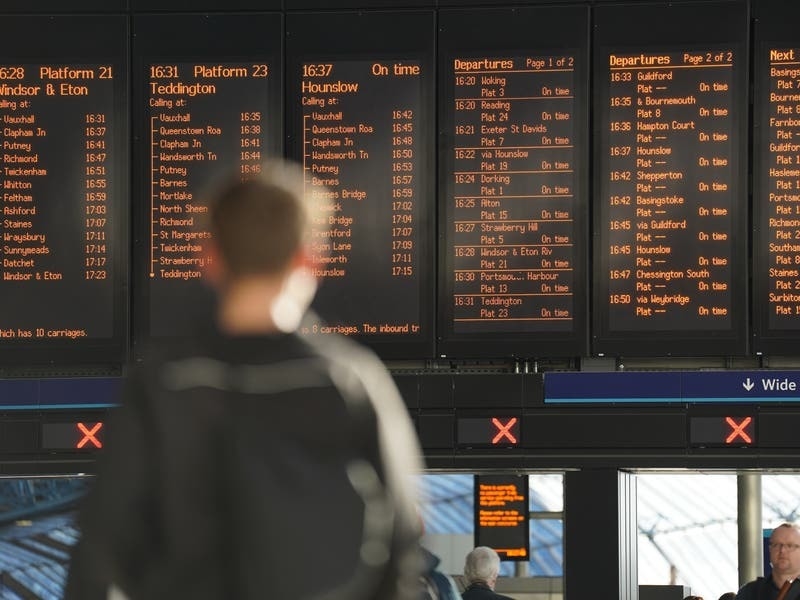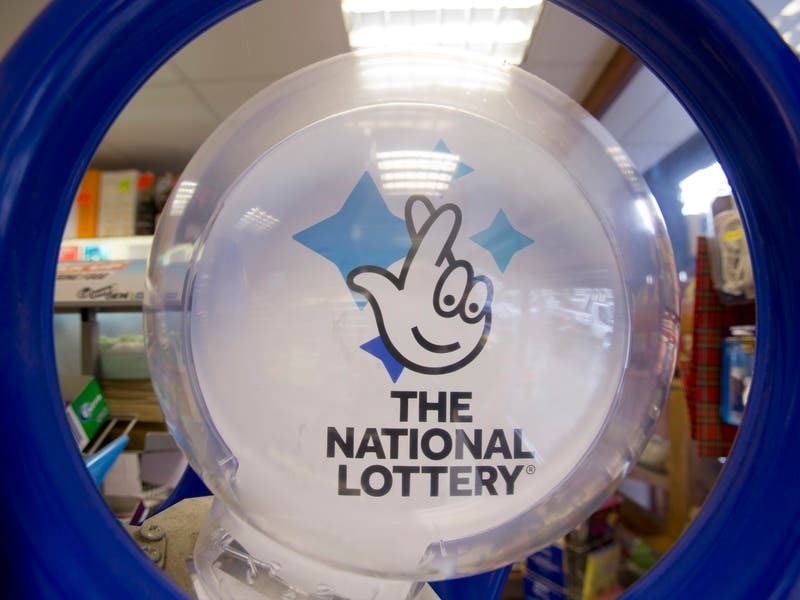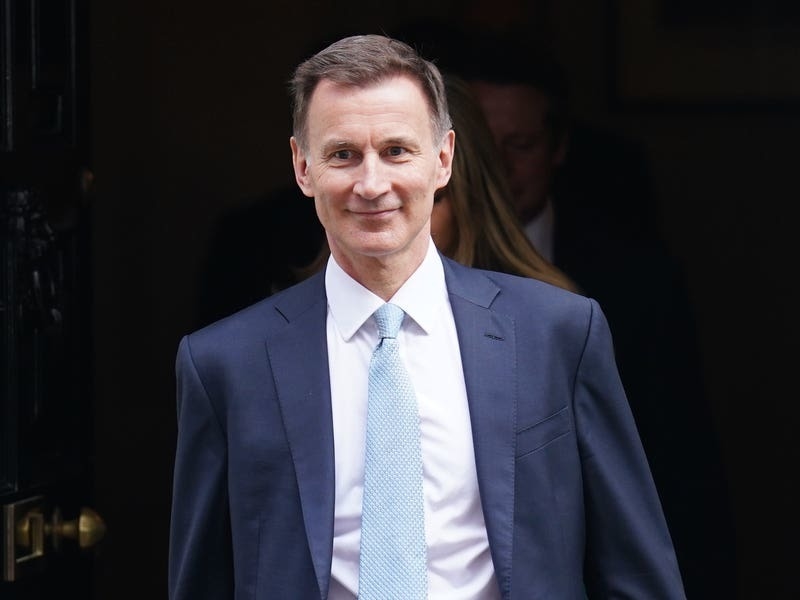Ukraine’s Western allies have sent the country 65 billion euro (£57 billion) in military aid to help thwart Russia’s full-scale invasion, Nato Secretary-General Jens Stoltenberg has said.
With no peace negotiations on the horizon, Mr Stoltenberg said the alliance is gearing up to send more assistance.
“We cannot allow Russia to continue to chip away at European security,” Mr Stoltenberg told a news conference in Brussels, adding “there are no signs that (Russian President Vladimir) Putin is preparing for peace. He is preparing for more war”.
On April 2, the last occupier fled from the Kyiv region. The day will come when we’ll say: the last occupier fled or was killed in the Donetsk region, Luhansk region, Kherson region and our entire south. Crimea will be free and safe again. Ukraine will return all its territories. pic.twitter.com/DeFbkVg81q
— Володимир Зеленський (@ZelenskyyUa) April 2, 2023
Nato foreign ministers meeting in Brussels on Tuesday “will discuss how we can step up our support, including by continuing to strengthen Ukraine’s armed forces,” Mr Stoltenberg said, adding: “Our support is for the long-haul.”
Analysts suspect Mr Putin plans to dig in and hold out against a possible Ukrainian counter-offensive in the coming months, hoping that the West’s costly support for Kyiv will unravel.
Mr Putin’s invasion in February 2022 backfired in some key respects. It led Nato to deploy more troops and weapons into the territories of its members in Eastern Europe and persuaded Sweden and Finland to scrap their neutrality and seek Nato membership.

The war has also more tightly bound together foreign leaders viewed by Mr Putin as adversaries.
Ukrainian President Volodymyr Zelensky is to head to Warsaw on Wednesday for a meeting with Polish President Andrzej Duda. Polish authorities announced the visit on Monday in an unusually early disclosure of the Ukrainian leader’s travel plans.

German Chancellor Olaf Scholz is meeting Romanian President Klaus Iohannis and Moldovan President Maia Sandu in Bucharest.
Their talks were expected to focus on security, the economy and energy supply.
Meanwhile, German vice chancellor Robert Habeck, who is also the economy minister and responsible for energy, arrived in Kyiv on Monday for an unannounced visit.
He travelled with a business delegation that included the head of Germany’s main industry lobby group, the Federation of German Industries.
Mr Habeck said the trip was meant to send a clear signal “that we believe they will be victorious, that they will be rebuilt, that there is an interest on Europe’s part not just to support them in an emergency, but in Ukraine being an economically strong partner in the future”.

Meanwhile, in Ukraine’s eastern Donetsk region, where much of the fighting has taken place in recent months, six civilians were killed in a single Russian rocket strike on the town of Kostiantynivka, Ukraine’s presidential office said.
Four more civilians were killed in the northern Chernihiv region when their vehicles hit land mines, underlining the perils of living in the war zone.
Donetsk governor Pavlo Kyrylenko said that a spell of cold weather has deepened the civilians’ plight.
“Freezing temperatures and snow make life unbearable for civilians, they have to survive in damp basements without power and communications and can only occasionally get out to warm themselves around a campfire,” Mr Kyrylenko said in televised remarks.
“The Russians never run out of ammunition, equipment and personnel whom they use as cannon fodder to keep trying to storm cities.”






